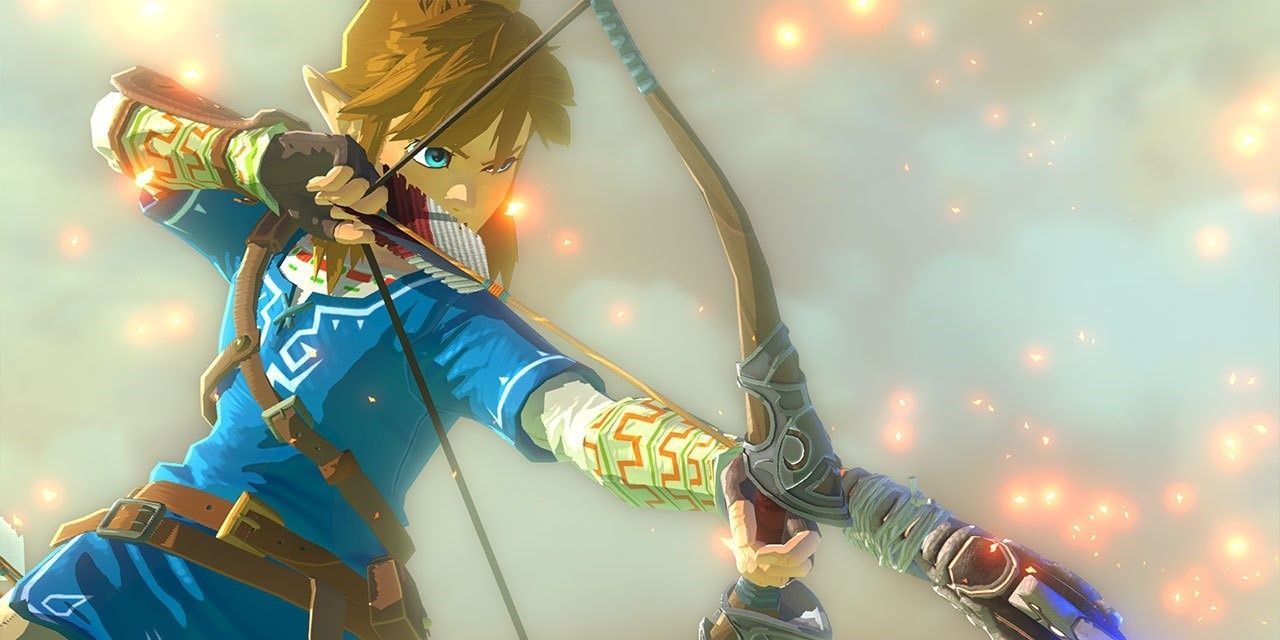
The Legend of Zelda: Breath of the Wild is beloved by fans for the openness and flexibility of its physics-based gameplay systems. The game encourages creativity by allowing players to twist those systems however they want in order to achieve their goals. This freedom of play was such an important part of the game's design that Breath of the Wild's developers reportedly purposefully neglected to fix glitches they thought made the game more fun.
As with most games, glitches and bugs are no strangers to the Zelda series. Games such as Ocarina of Time and The Wind Waker have many exploits, and the discovery and utilization of these bugs has heavily impacted Zelda speedrunning communities. Through bugs, it's possible to defeat Ganon before ever becoming an adult in Ocarina of Time. Breath of the Wild is no exception to this rule, with certain bugs allowing players to beat the game is less than an hour. As it turns out, however, some glitches were intentionally overlooked by designers.
According to DidYouKnowGaming?, Breath of the Wild director Hidemaro Fujibayashi told the development team during playtesting to allow glitches if they made the experience more enjoyable for the player. This apparently included now-commonly known exploits, like using Magnesis to push boats and using Stasis to fly across BOTW's map. It's unknown what exact criteria was used to decide if a glitch was harmless or fun enough to make the cut. Regardless, the results of this decision are clear. Breath of the Wild is a game that encourages the player to experiment with its systems, even if that means breaking things a little bit in the process.

It's clear to see how much Breath of the Wild's glitches have affected the way people play it. Abusing the game's momentum and shield surfing mechanics allows players to clip through walls - a common tactic to access Shrines early - and to bounce off enemies' heads to cross massive distances. Using such methods, speedrunners can access Hyrule Castle at blistering speeds, often without obtaining any high-level gear for Link. While it's likely some of these useful Breath of the Wild glitches would still have remained if Fujibayashi's team had been more strict with its glitch policy, the game has mostly benefited from his decision.
Even putting aside Breath of the Wild's dedicated speedrunning community, developers differentiating between "good" and "bad" glitches has improved its overall player experience. If game design is at least partially about rewarding players for their creativity, then players should theoretically be rewarded for pushing a game to its limits. Allowing players an unfair advantage in single-player games can be beneficial, if that advantage was obtained through their own understanding of the game's mechanics. In the end, a glitch that lets players phase through walls or duplicate items, as long as it's not easy to do by accident, only serves to increase the potential of players enjoying the game. It only gives them one more thing to experiment with and enjoy during their experience.
Hopefully, Fujibayashi's decision regarding The Legend of Zelda: Breath of the Wild's glitches will serve as example for game designers, going forward. Glitches can present a problem when they impact the game's ability to run or disrupt gameplay. But when a glitch acts as just another fun thing for the player to do, there is no harm in it.
Source: DidYouKnowGaming?
from ScreenRant - Feed https://ift.tt/3vDTSlf
 Reviewed by Riyad
on
March 19, 2021
Rating:
Reviewed by Riyad
on
March 19, 2021
Rating:

No comments: